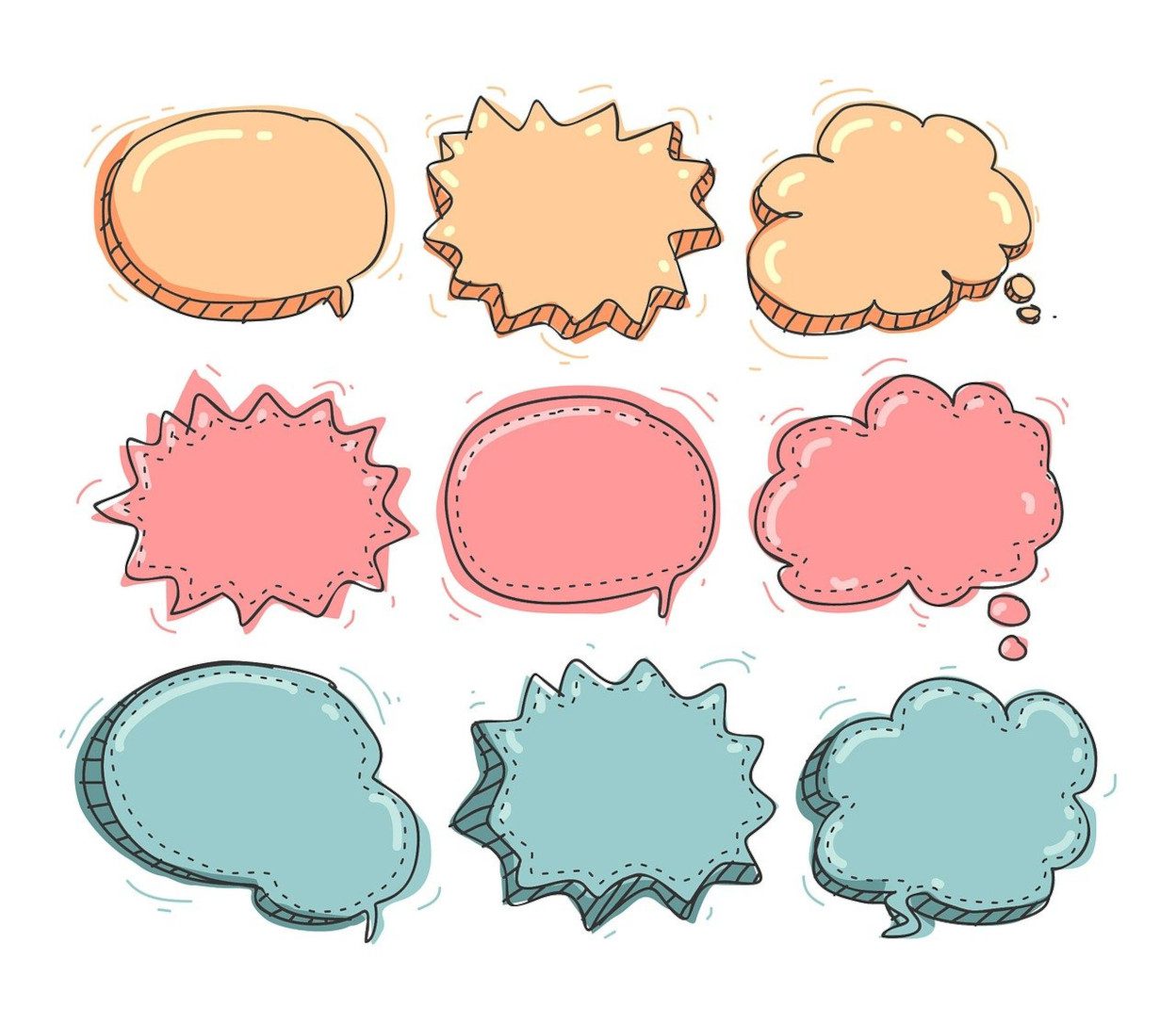In practical terms, communicating with others has never been as easy as it is today. Educators can support students in developing these vital oral communication skills by consciously integrating communicative activities into the classroom or giving students a dedicated interpersonal communication class.
Let’s take a look at why oral communication skills are important, and how you can practice them with your students using Kialo Edu.
Why are oral communication skills important?
For students, the benefits of strong communication skills stretch beyond academic and professional contexts and into the personal. When students can express their ideas with clarity and an awareness of their listener’s needs, they may feel more confident to share their thoughts and engage in meaningful conversations in various settings. Similarly, communication skills can help them build relationships and negotiate conflict more easily.
But a focus on developing oral communication has benefits in the classroom too. A classroom encouraging interaction and discourse empowers learners and sets the stage for engaging and active learning experiences.
Activities incorporating oral communication provide scope for collaboration as well as individual student development opportunities. By asking students to express their understanding and impression of classroom content in their own words, teachers can also gauge students’ grasp of the material.
Activities to train students’ oral communication skills on Kialo Edu
Kialo Edu is designed to promote clarity of reasoned expression — one of the key features of successful communication. Our discussions lend themselves naturally to developing students’ written precision, but they also complement the development of oral communication skills.
We’ve put together some ways you can use Kialo Edu discussions to get your students to speak in an informed and confident manner.
1. Assign a collaborative knowledge building project on Kialo Edu

Kialo Edu discussions can work as a collaborative space where students record their group’s ideas to create projects while negotiating how to build the discussion. Our discussions can support projects in any number of subjects. For example, in science and geography, students could undertake projects on renewable energies or water transfer schemes.
Students can use a discussion for activities such as knowledge building tasks or literature analysis, where they pool their information and ideas and collaborate to decide how best to represent it in a Kialo Edu discussion. In exploring possible ways to connect the claims and identifying new angles, they’ll practice making suggestions and explaining their reasoning among other critical communication skills.
2. Task students to use Kialo discussions as notes to collaboratively problem-solve
Similarly, if groups of students are working to test a scientific hypothesis or to solve a perceived problem in their community, they can use Kialo Edu discussions to share their notes and record the different avenues explored.
This allows them to talk their approach through, collaborating to create a visual representation of their ideas as they go. And since claims can be easily moved and edited, the focus can be on the conversation rather than the note-taking!
3. Have students collaborative create tangible output from a Kialo discussion
Kialo Edu discussions can also serve as input for a project which focuses on oral communication. Having groups of students create podcasts on a completed Kialo Edu discussion topic, for example, can reinforce the content while allowing students creative expression alongside developing 21st-century skills!
Using a Kialo discussion as a precursor to a wider class conversation means students will have a good understanding of the content area and where they stand on it. This may not solve all their communication worries, but it’s a good start towards helping them make clear contributions to a discussion.

4. Conduct a debate in both written and oral form to explore different perspectives
To integrate Kialo discussions with oral communication practice, divide students into groups of 6-8 with their own discussion to work from. Task half of each group with developing claims to support the discussion thesis, while the other half develop the claims that oppose it. When they’ve finished, have them look over the other side’s claims before swapping viewpoints for an oral debate on the thesis.
This way, students explore the topic in depth from different perspectives, while practicing defending and challenging the thesis in both written and spoken form. And since there will only be 3-4 representatives for each side, everyone will get a chance to have their say without the pressure of debating in front of the whole class!
5. Have students practice active listening skills through jigsaw grouping
Effective communication, however, involves more than articulating your ideas clearly. Teachers can also help students communicate more effectively overall by promoting active listening techniques. Such techniques include showing interest and being fully present in the conversation, listening without judgment, and paraphrasing key points to demonstrate understanding.
One engaging activity to practice active listening is jigsaw grouping. Divide the class into four groups and set up a different Kialo Edu discussion with a distinct but related thesis for each group. Task each group with developing their discussion to become the “experts” on their thesis. Next, reorganize the groups so there is at least one expert to explain their thesis and findings to their new group.
The listeners pay close attention (without interrupting!) to ensure they understand. They then summarize what they have just heard and seek clarification where needed. The speakers can confirm or correct their summary, before switching roles. Once all information has been shared, the students discuss the wider curriculum topic to explore their own perspectives on it.
At Kialo Edu, we know that teachers are constantly working to ensure their students are equipped with the skills and tools they need to navigate today’s complex communication landscape. We’d love to hear about your approach to this topic. Please do let us know by getting in touch on social media, or directly at feedback@kialo-edu.com.

